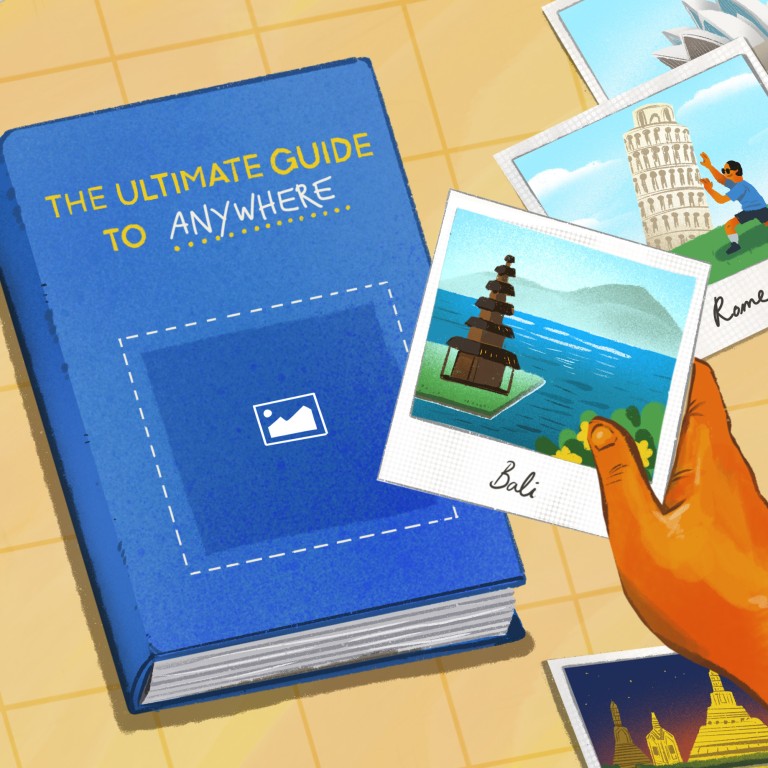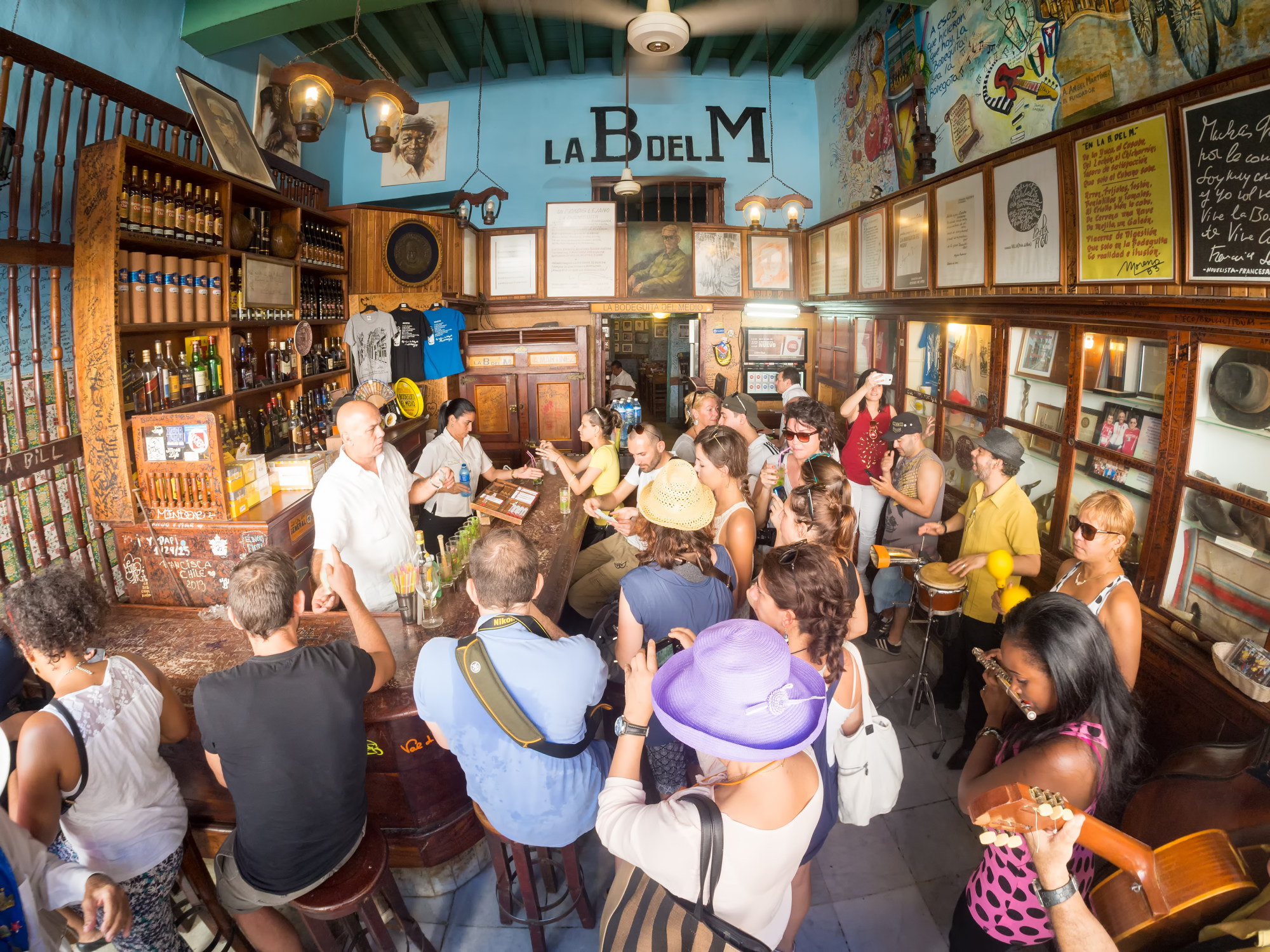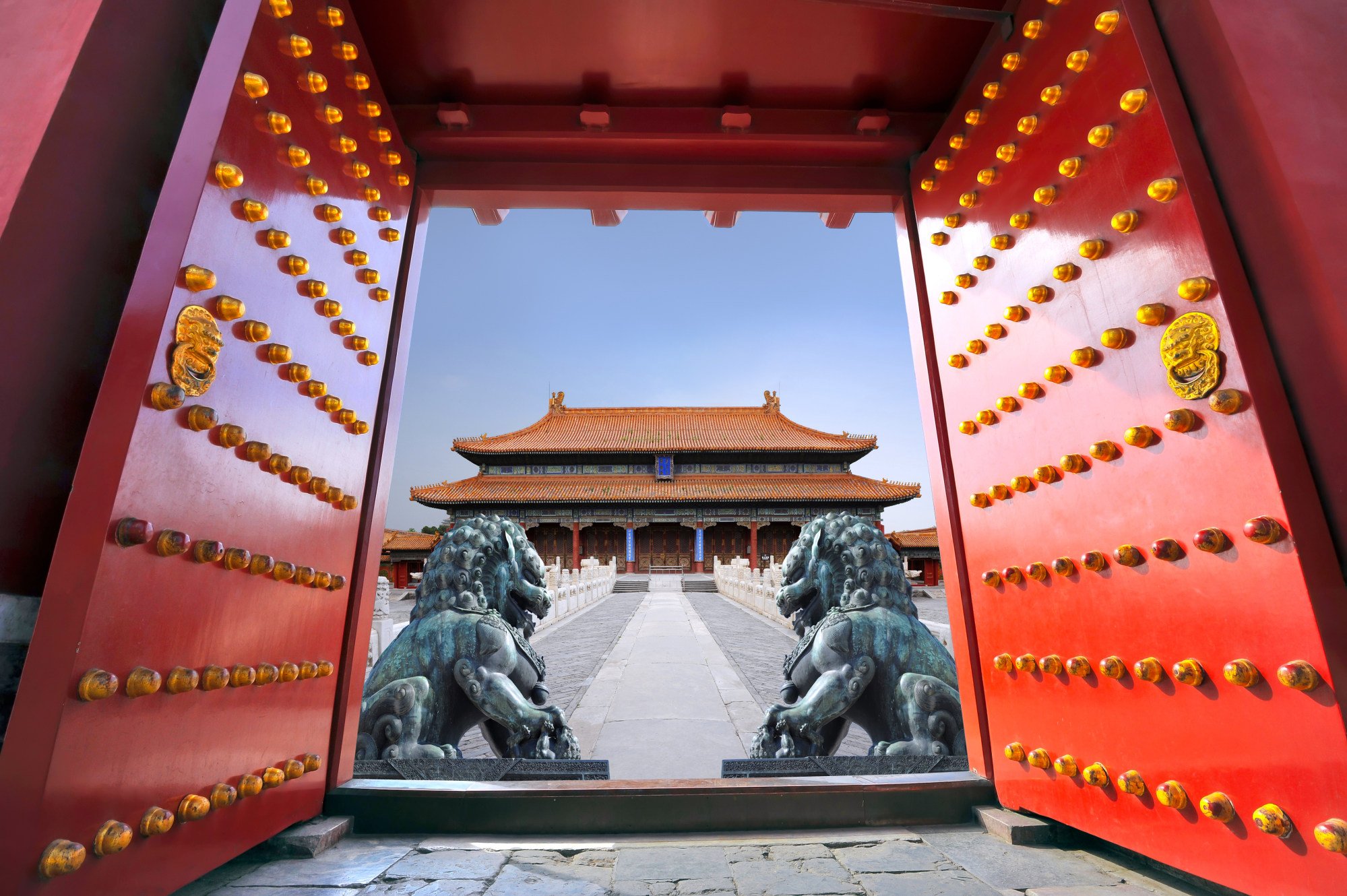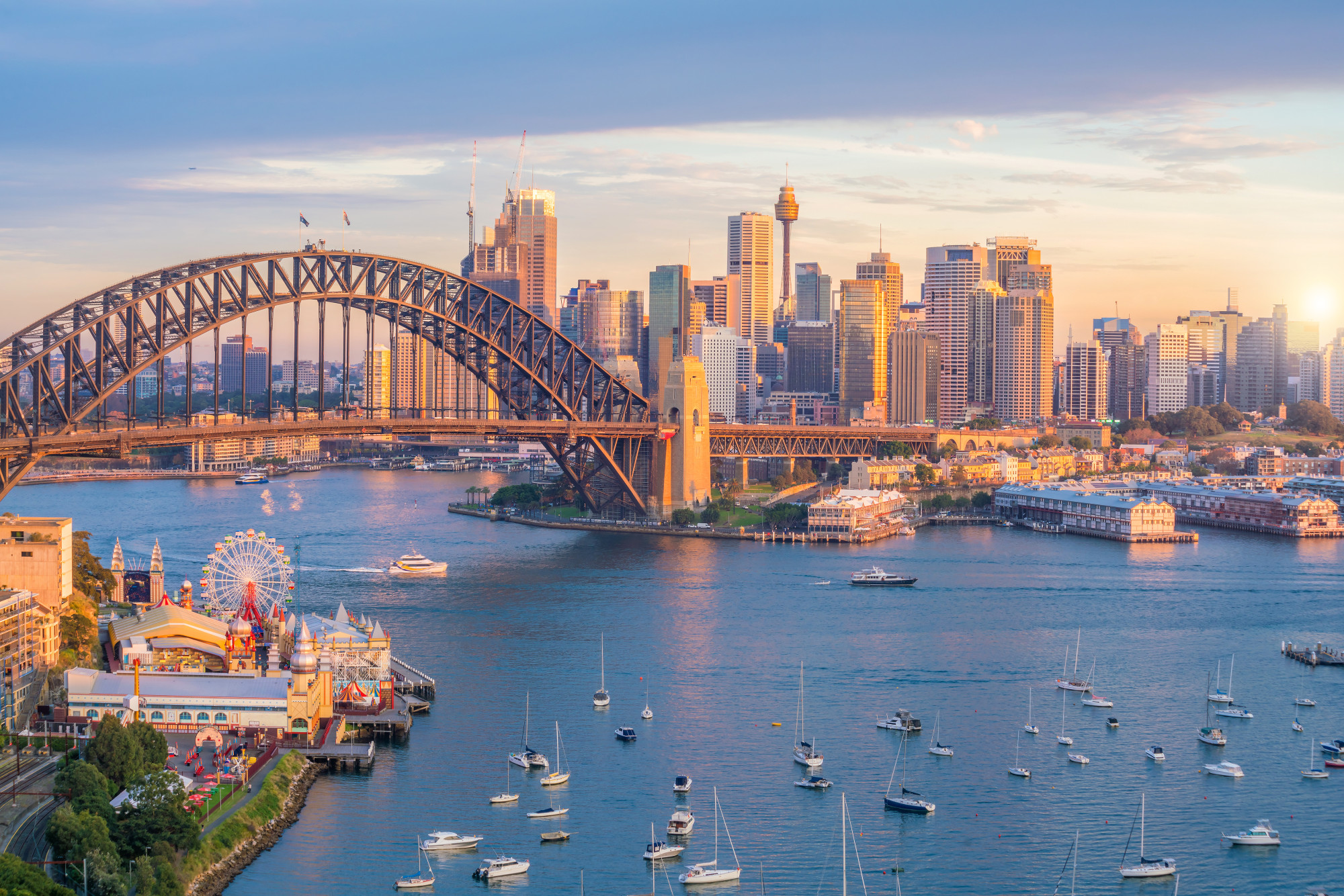
‘Ultimate’ travel guides debunked: brief, unoriginal, and often not based on personal research, they are the opposite of what they promise
- On the internet, where fooling search engines is far more important than actual content, most ‘ultimate guides to’ a destination are anything but
- Short enough not to bore anyone and with enough keywords to excite search engine algorithms, here is the ultimate guide to ultimate guides
Hello, and welcome to the ultimate guide to ultimate guides, and particularly those of the travel sort.
These days almost every destination has several internet-based ultimate guides, which suggests that there is a lot of false advertising about, or there are a lot of influencers in need of a dictionary.
On any topic there can, by definition, be only one ultimate guide.
However, we’re using the word “ultimate” here in a special sense largely unknown outside the world of digital drivel. Not “the best achievable of its kind”, nor “something final or fundamental”, but “a brief and haphazard collection of poorly written material based on little or no personal experience or expertise, that has been given its title to attract more readers”.

Like most other ultimate guides, this one will also be brief, threadbare and unoriginal, and will equally fail to live up to its title. As elsewhere, use of the word ultimate is intended only to attract your attention, or that of search engine algorithms.
There’s an ultimate guide to Australia’s most famous city that should properly be called A Few Places My Dad Took Me When We Visited Sydney.
There’s an ultimate guide to Cuba that’s really Sketchy Notes on a Weekend in Havana Mostly Spent in Bars.
Want to travel like David and Victoria Beckham? Their go-to luxury hotels
There are several ultimate guides to Bali that should be called A Few Bali Resorts That Gave Me Free Stays in Return for Coverage, and there’s an ultimate guide to Beijing that, like ultimate guides to many other destinations, is just Something I Assembled from Material on Other Sites but if You Click the Links to Book Anything I Get a Commission.
Most ultimate guides to writing ultimate guides conclude – and this is revelatory – that good quality original content is the key to keeping readers’ attention. But despite advising originality, they mostly discuss ways of generating traffic, not of benefiting the reader.
Their concerns are with search engine optimisation, use of keywords in headings, and the right length so readers do not click away in boredom.

They insist, of course, that you keep it short, and seem not to have noticed that unless writing the ultimate guide to brevity, this is in direct conflict with what most of us would understand by ultimate: fundamental, comprehensive and best of its kind, and thus likely to require more than a paragraph or two.
Nevertheless they often spend a third of their space telling you what they’re going to tell you (“I’ve got you covered!”), and much of the rest failing to deliver on that promise. Then they waste further space begging you to subscribe, like, share or comment.
It’s hard to be original, you might argue, when writing an ultimate guide to Paris. It must mention the Louvre, the Champs-Élysées and the Eiffel Tower, for instance, and if these destinations weren’t mentioned it wouldn’t be ultimate. But then it’s equally not ultimate if it contains nothing else.
Taking a stand against time spent lining up for the Eiffel Tower’s lifts might make more interesting reading. Or offering a different and crowd-avoiding approach (which does exist). Or describing alternative and less well-known high points from which to view the city’s roofscape. But for that you actually have to do some real research.

To be fair, the mistake here often lies not in the content, simplistic as much of it is, but in calling it ultimate.
Are you a beauty queen from Mississauga, Ontario, making your first visit to China? A Teenage Cheerleader Does Beijing, written in your own voice, and covering only what you actually did and why you liked it would likely be a far more interesting read than a humdrum list of popular sights with descriptions lifted from Lonely Planet or somebody else’s Ultimate Guide.
Whether you’re a 35-year-old systems analyst from Cheshire, England, who has visited 42 countries, or a 70-year-old grandmother from Sai Kung, Hong Kong, travelling for the first time, let us know who you are and show us the destination through your own eyes.
Don’t claim expertise you don’t have. Promise us no more than what you can actually deliver. Avoid the standard vocabulary of look-at-me social media, which just makes you sound like everyone else and as if you’ve had too many sugary drinks.

Neither awesome (“I was impressed by it”), nor cool (“I liked it”), nor iconic (“I can’t think of anything else to say”) tell us anything concrete about a place or experience whatsoever. Abandon them all.
Ultimately, you should also abandon the word “ultimate”, especially when your content is just something cobbled together from a few search engine results. Like this piece.
On the other hand, Something Cobbled Together From a Few Search Engine Results sounds like a link worth clicking on.
Now please click the “follow” button, share this guide on social media, and leave us your comments.

